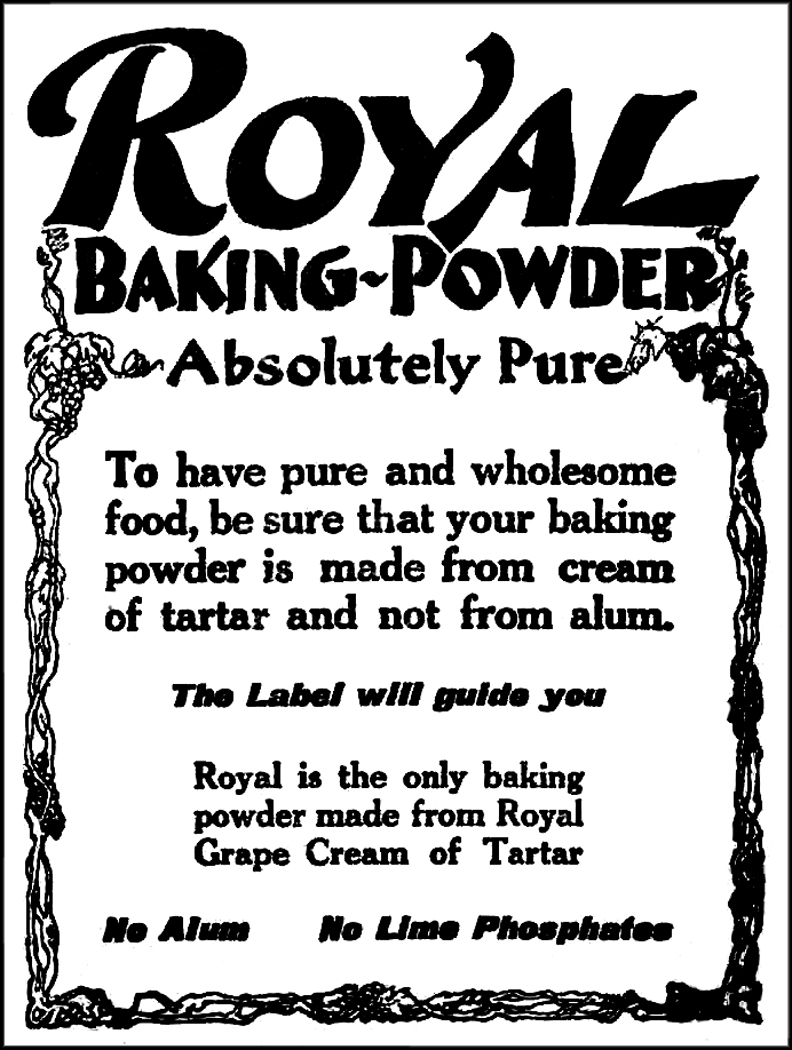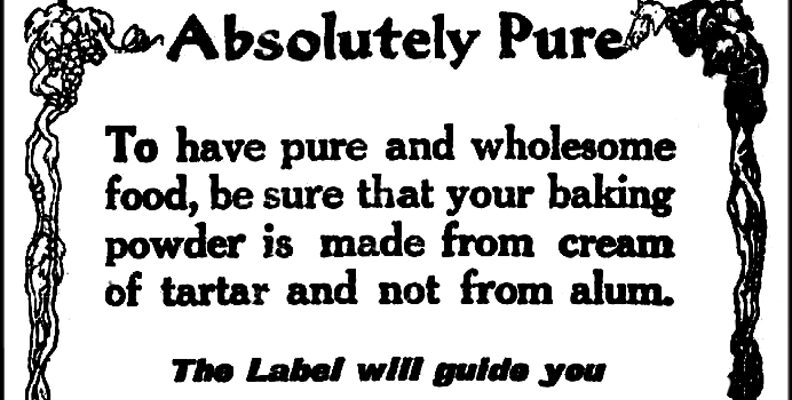A spring 1912 Comet article addressed the reason why area East Tennessee farmers were poor. The piece was addressed to Mr. Tennessee Farmer: “The reason why this occurs is always a vital question, so I stopped beside the road, let my old mare browse at some nearby sedge grass while I figured it out. Well, I figured it out and here is my explanation.
“The average Tennessee farmer gets up early in the morning after being aroused by the alarm of a Connecticut clock. Without haste, he buttons his Chicago suspenders to his Detroit overalls, puts on a pair of cowhide shoes made in Ohio and washes in a Pittsburgh tin basin.
Mr. Farmer “uses Cincinnati soap and dries on a cotton towel made in New Hampshire; sits down to a Grand Rapids table; eats hot biscuits made with western flour, Kansas City bacon and Indiana grits that have been fried in Omaha lard.
There's more. “He cooks on a St. Louis stove, buys Irish potatoes grown in Michigan and canned fruits put up in California that have been seasoned with Rhode Island spices. He claps on his old wool hat made in Philadelphia, harnesses his Missouri mule that has been fed on Iowa corn, with New York harness. He plows his farm, covered by a Massachusetts mortgage, with an Indiana plow.
I am not through. “He plows his farm, covered by a Massachusetts mortgage, with an Indiana plow. At night he crawls under a New Jersey blanket and is kept awake by a Tennessee hound dog, the only home product on the place, and wonders why he stays so poor. The answer is quite simple.
“The moral to this story is to patronize home industries. Your main focus should be to spend your money where it will give you a market for what you grow and thus make money and increase the value of your farm. This is public spirit at its best and the highest form of patriotism.”

Royal Baking Power Ad from 1912
On another note, this same farmer sits down to read the rest of his local newspaper. He glances over what appears to be an article that quickly transitions into an advertisement: “Facts and Fiction – Experiences of Johnson City, Citizens Are Easily Proven to Be Factual.” The most superficial investigation, he says, will prove that the following statement from a resident of Johnson City is true.
“Read it and compare evidence from Johnson City people with testimony from strangers living so far away that you cannot investigate the facts of the case. Many more citizens of Johnson City will endorse Doans Kidney Pills:
“William H. Hodges, 108 E. Millard St., Johnson City, Tennessee was quoted in the newspaper as saying: “I still recommend Doan's Kidney Pills and I am pleased to confirm all I said about them some years ago when I publicly told of my experience.”
“The cure I received at that time has been permanent. I believe that excessive standing was the root cause of my kidney trouble. I suffered from a dull pain across the small of my back and I could not rest well at night, as no position seemed comfortable to me.
“I saw Doan's Kidney Pills advertised and, thinking they might help me, got a supply from the Whitehouse Drug Co. They proved to be just what I needed and it took them only a short time to drive away my kidney complaint.”
“For sale by all dealers. Price 30 cents. Foster-Milburn Company, Buffalo, New York, Sole agents for the United States. Remember the name Doan's and take no other.”
Note: Whitehouse Drug Co. was located at 211 E. Main Street in 1912. (site later became the Glamor Shop.) The drugstore offered “pure drugs, soda water, toilet articles, rubber goods, trusses, cameras and supplies.” Their logo was “Registered Druggists – Always on the Job.”
